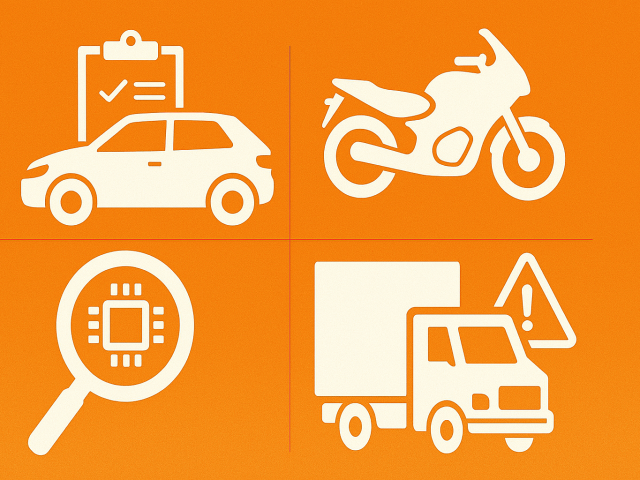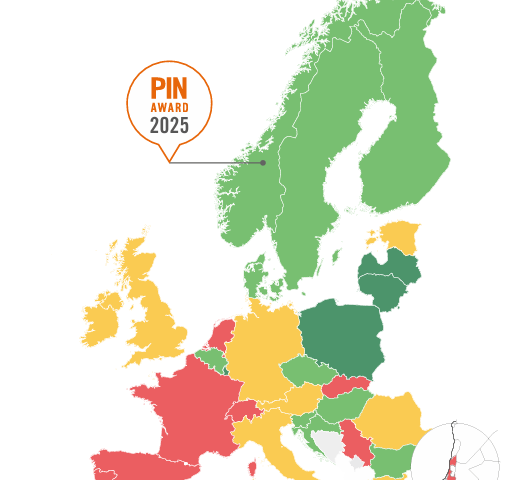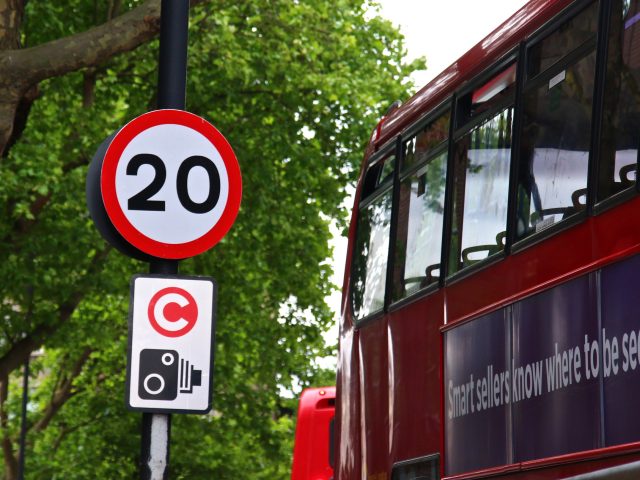Drink-Driving in France
Figures
In France, it is estimated that alcohol-related road deaths represent 32% of all road deaths. Based on this estimate, 1052 people were killed in 2019 in a crash involving a drunk driver, compared to 985 in 2018. Collisions involving a drink-driver can be more serious than other collisions. 13% of such colissions result in a death compared to 5% for those without alcohol involved.
National policies
From 1 July 2021, supermarkets, grocery stores, wine sellers and internet shops selling alcoholic drinks are among the enterprises that must also stock and display alcohol breath tests for sale. Shops will be required to display the devices, including chemical-based tests and electronic tests, next to the largest display of alcoholic beverages, or near the till. Websites will be required to display a banner notice on the payment screen, advertising the availability of tests. A failure to comply with the new rules could lead to a fine of between EUR 675 and EUR 1875.
To see all the measures taken at national level to tackle drink-driving, check the timeline on the full report here.
BAC limit and sanctions
The legal BAC limit for standard drivers is 0.5g/l
The legal BAC limit for novice and professional drivers (bus and coach drivers for public transport) is 0.2g/l
The BAC for standard drivers was introduced in 1995 while the reduced BAC for novice and bus drivers was adopted in 2015.
A detailed table on drink driving sanctions can be found on the full report here.
Enforcement
In 2019, 9,033,797 alcohol checks were conducted, of which 303,385 were positive. The positivity rate was 3.4%. Of these, 8,816,589 were preventive or infringement checks. 217,208 were collision checks (fatal, injury, or material). For the latter, the positivity rate of alcohol checks accounted for 9.1%.
Rehabilitation and Alcohol Interlock programmes
Since 2019, an alcohol interlock rehabilitation programme has been in place in France, following a trial that took place in several departments in 2018.
The programme is proposed to all offenders driving with a BAC above 0.8 g/l. The alcohol interlock can be installed for a maximum duration of one year since May 2020 (it was previously six months) however it can be extended to five years by the judge at a later point.
Following an alcohol interlock measure as an alternative to licence suspension, the prefecture’s medical commission may issue an opinion to the prefect on the return of the driving licence, subject to certain conditions being met by the driver:
- To install at their own expense an approved alcohol interlock in the vehicle they drive;
- To carry out a medical-psychological follow-up i.e. an addiction consultation (follow-up is limited to this mandatory consultation, without any ongoing monitoring during the program and no data analysis)
Campaigns
In December 2020, the French government launched a new campaign called “La vie” on television and social media. Four short movies were created on different road safety topics, one of them concerning drinking and driving, entitled “La vie est plus forte qu’un dernier verre avant de prendre la route” (“Life is worth more than a last drink before taking the road”). The campaign was launched during the Covid-crisis when many reckless and risky driving behaviour were observed everywhere in France.
To read the full country focus click here.







